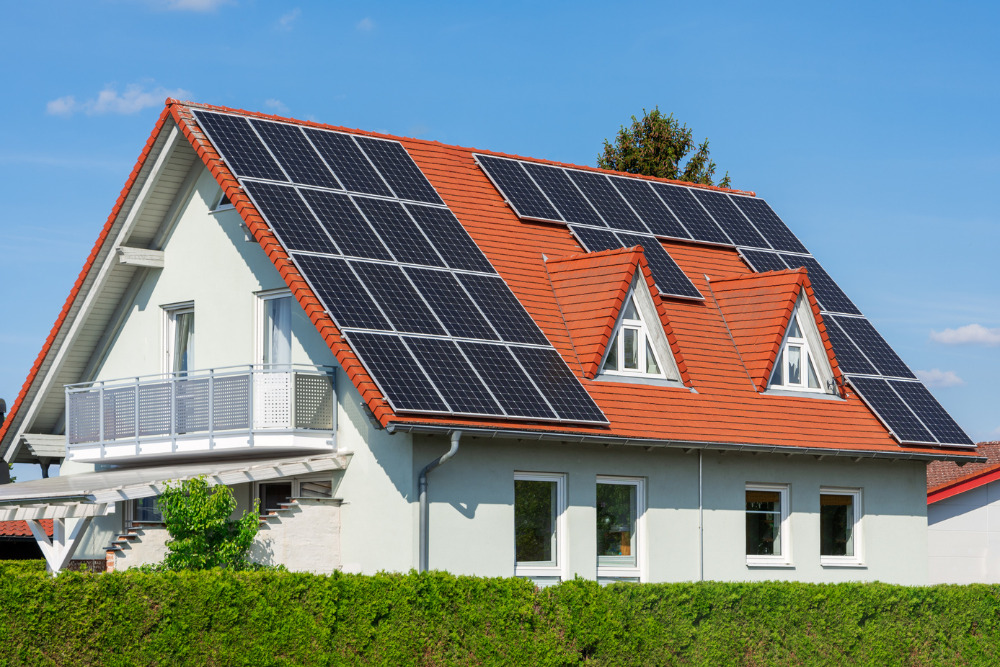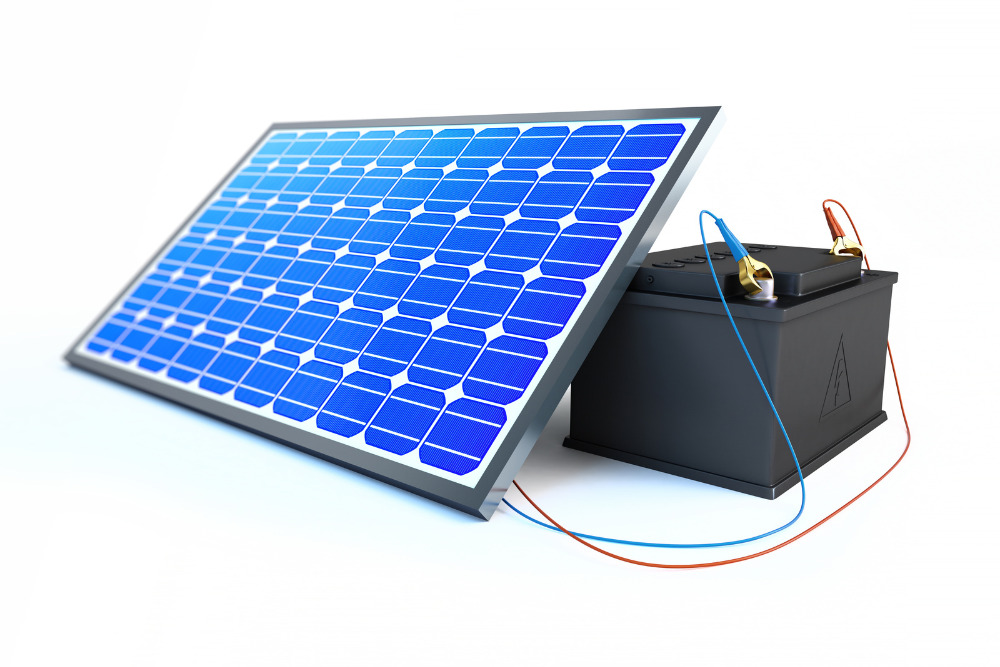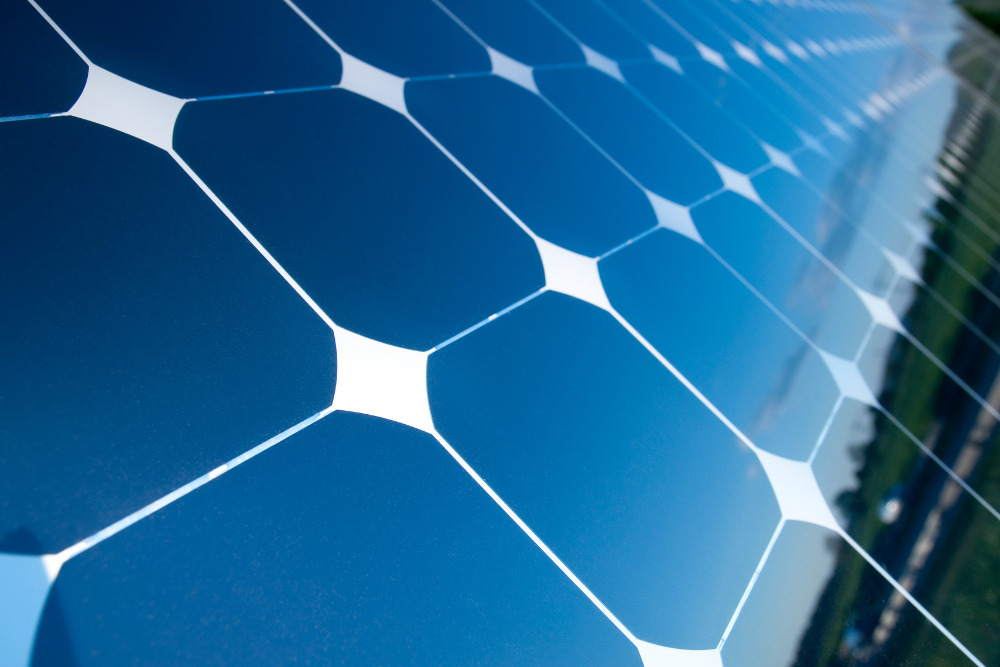
Discover six benefits of residential solar power, including its positive impact on the environment, energy savings, financial returns, and energy independence.
As we continue to grapple with the environmental challenges posed by traditional energy sources, adopting a renewable source of energy has emerged as a robust solution. Among the various alternatives, solar technology stands out as a compelling choice for homeowners seeking sustainable and cost-effective energy solutions.
What Are The Main Advantages Of Solar Energy?
1. Save money on your electricity bills
Installing photovoltaic (PV) panels allows you to convert sunlight into electricity, reducing reliance on traditional utility companies and utility bills. One significant advantage of residential solar power is the potential to lower or eliminate monthly electric bills, as energy production from solar panels offsets the need for energy sourced from the grid.
This self-sufficiency translates into substantial long-term savings as solar energy significantly reduces monthly expenses. Additionally, some regions offer net metering programs, enabling homeowners to sell excess solar power back to the grid, further offsetting their electricity costs.
2. Reduce your carbon footprint
Reducing your carbon footprint is the main environmental benefit of embracing solar energy. Home solar power is a clean, renewable energy source that produces electricity without emitting harmful greenhouse gases.
By switching to solar, homeowners can significantly decrease their reliance on fossil fuels, major contributors to climate change. This shift towards renewable energy reduces carbon dioxide emissions and promotes a more sustainable and eco-friendly future.

Solar panels also have a relatively small carbon footprint during their lifecycle when compared to burning fossil fuels for electricity generation.
3. Increase the resale value of your home
Solar energy installations can significantly increase the value of your home. Studies have shown that homes with energy-efficient upgrades, such as solar panels, tend to have higher property values and sell at a premium compared to non-solar homes.
This added value arises from the potential savings on energy bills, the appeal of sustainable living, and the growing demand for energy-efficient homes in the real estate market. Residential solar panels are seen as a long-term investment, offering prospective home buyers the benefit of reduced energy costs and the opportunity to contribute to a greener future.
By going solar, homeowners can enjoy not only the immediate financial benefits but also the potential appreciation of their property's value over time.
4. Reduce your income tax burden
Many states and local jurisdictions offer incentives to homeowners who invest in renewable energy, including solar power. The federal investment tax credit (ITC) allows homeowners to reduce their tax burden by 30% of the cost of their solar system installation.
Learn more about the ITC credit here, and research and consult with local authorities to understand the specific incentives available in your area.
5. Become completely energy independent
Energy storage systems allow homeowners to store excess energy generated during the day and use it during times when sunlight is limited, offering greater energy independence and the potential to go off-grid.
The self-sufficiency of solar and battery storage gives you greater control over your energy consumption and reduces vulnerability to power outages or prolonged periods of gloomy weather. With solar power, you can produce clean energy right at your doorstep, empowering you to meet your home's energy needs independently and contribute to a more resilient and sustainable energy future.

6. Support the growth of renewable energy
Choosing solar energy systems for your home supports the growth of renewable energy on a larger scale. By installing solar panels, you make a positive environmental impact and actively participate in the transition towards cleaner, more sustainable energy sources.
The increased demand for solar power encourages the development and expansion of renewable energy infrastructure, driving innovation and investment in the sector. As more households adopt solar energy, it contributes to a shift away from fossil fuels, reducing carbon emissions and promoting the overall growth of renewable energy generation.
Can A Solar Panel System Really Pay For Itself?
Solar power systems have the potential to pay for themselves over time. While the initial installation costs can vary depending on system size, equipment quality, and location, solar panels typically have a long lifespan and require minimal maintenance.
The savings on electricity bills can gradually offset the upfront investment. In many cases, homeowners can recoup their costs within 6-9 years, often referred to as the "payback period."
Furthermore, with incentives like net metering and potential tax credits, the financial benefits of solar energy can be even more substantial, accelerating the payback period and improving the return on investment. When determining your solar system payback period, consider local energy prices, available incentives, and the characteristics of your home.
Financial incentives, such as rebates, solar tax credits, and federal tax credits, further enhance the appeal of residential solar power. These incentives offset the upfront costs associated with solar panel installation, making the switch to solar more affordable and economically viable.


